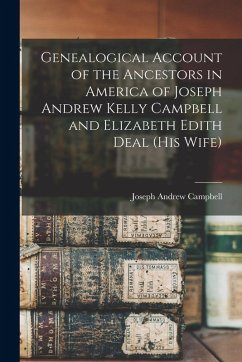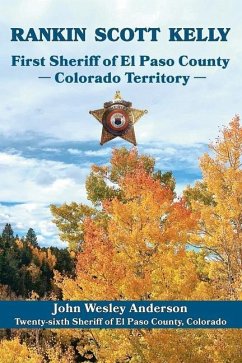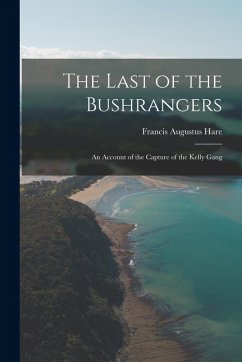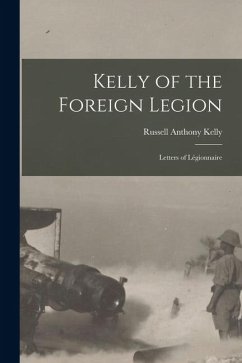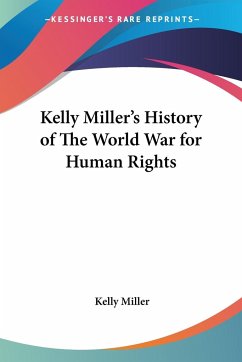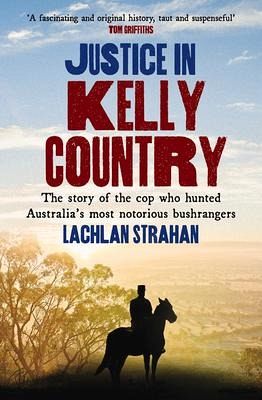
Justice in Kelly Country
The Story of the Cop Who Hunted Australia's Most Notorious Bushrangers
Versandkostenfrei!
Versandfertig in über 4 Wochen
30,99 €
inkl. MwSt.
Weitere Ausgaben:

PAYBACK Punkte
15 °P sammeln!
The biography of Anthony Strahan, a frontier cop who pursued Ned Kelly




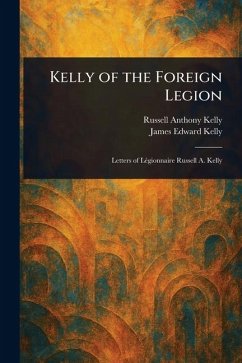
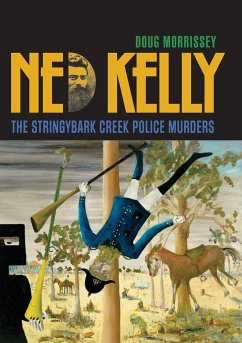
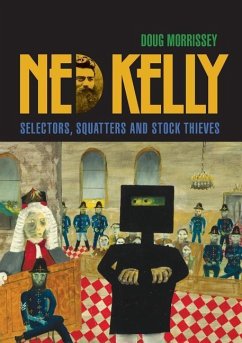
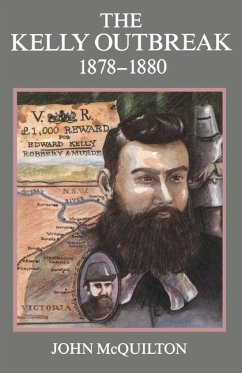
![The Ottoman and the Spanish Empires in the Sixteenth and Seventeenth Centuries, Tr. [From Fürsten Und Völker, Vol.1] by W.K. Kelly Cover The Ottoman and the Spanish Empires in the Sixteenth and Seventeenth Centuries, Tr. [From Fürsten Und Völker, Vol.1] by W.K. Kelly](https://bilder.buecher.de/produkte/66/66823/66823050n.jpg)
